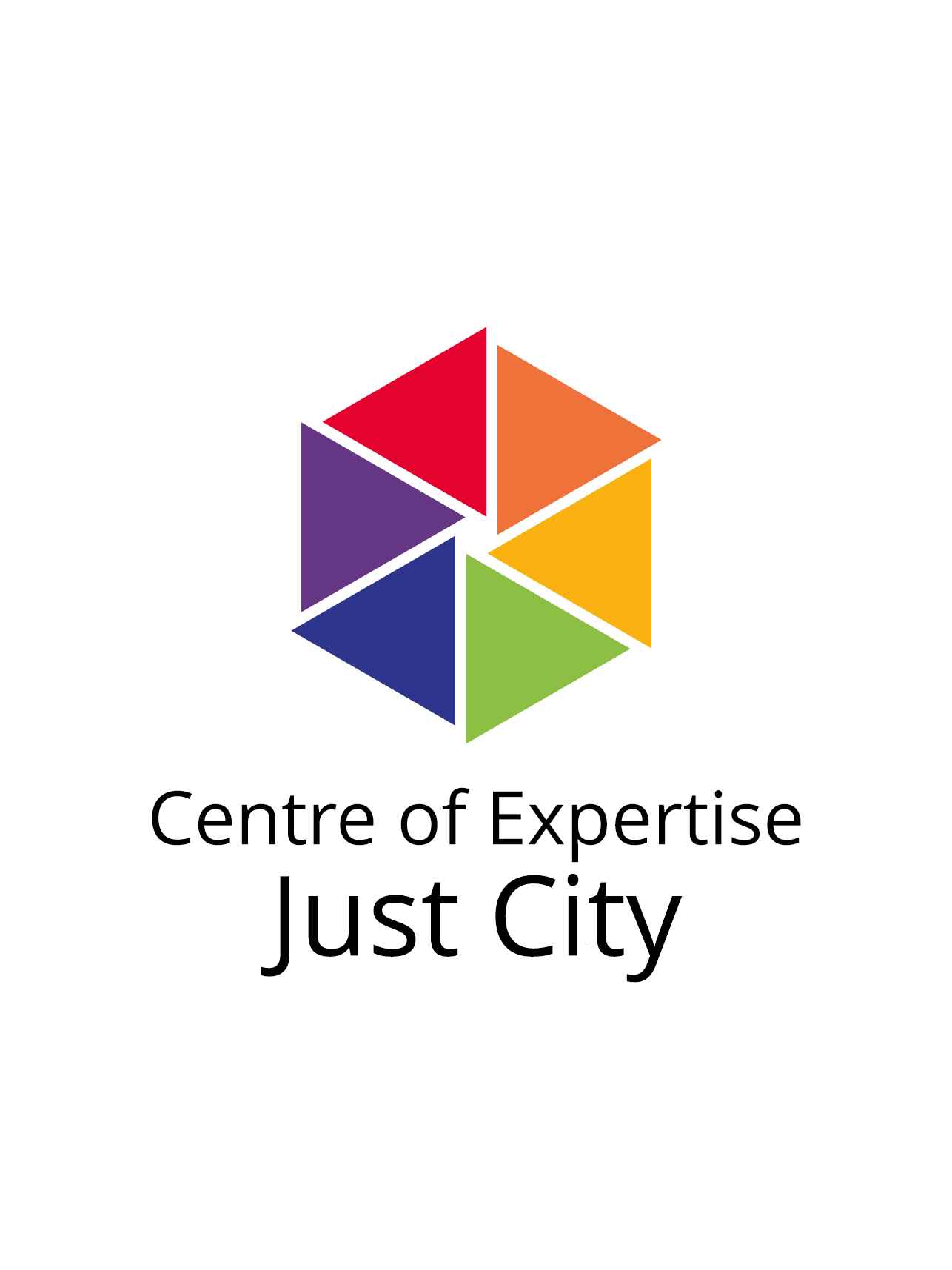Centre of Expertise Just City
Centre of ExpertiseWe’re working together to enact real change and to create a city where everyone feels welcome and included. Want to join us?
A city for everyone
We want justice, equity and fairness to be explicitly integrated into decision-making and policy. That’s why we are working together on learning about the principles of these concepts. Based on research and education at the Amsterdam University of Applied Sciences (AUAS) and knowledge contributed by our partners, we develop solutions to justice issues in the city. This is how we are working on a city where everyone feels welcome and included.
Our ambition


